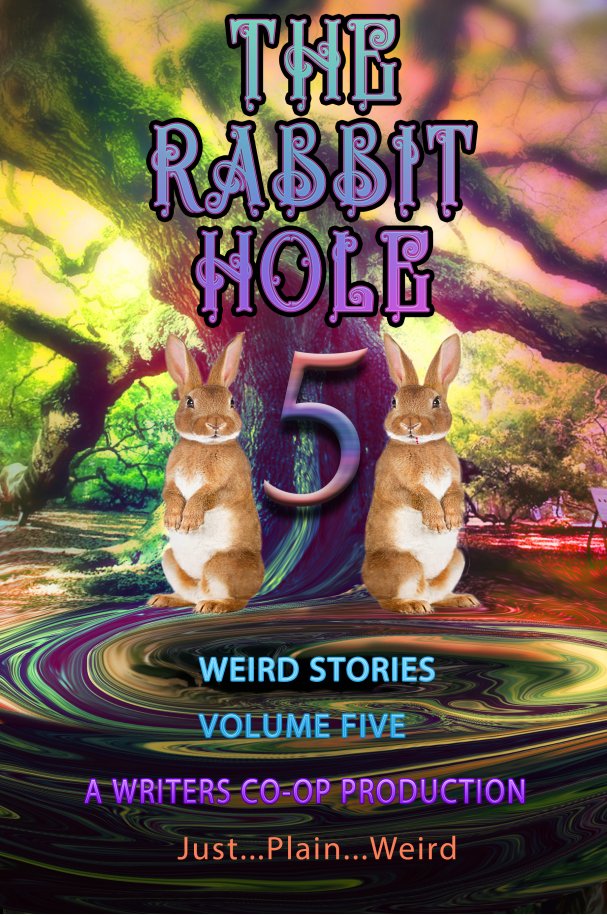I recently reread John Crowley’s Beasts and am reading James Dickey’s Deliverance and am recognizing something I’ve known for a long time and today, for some reason, is being hammered into me – Foreshadowing.
Adjective: foreshadowing
1. Indistinctly prophetic
Noun: foreshadowing
1. The act of providing vague advance indications; representing beforehand
Verb: foreshadow
1. Be a sign of something to come, esp. something important or bad
Foreshadowing is something I ususally recognize after the fact. Sometimes I’ve read something and am surprized by the climax/outcome, except I’m really not.
A story which completely surprises leaves me going WTF?. If I didn’t see something coming, if it happens totally out of nowhere, if there’s no precedent for it, if it’s not foreshadowed, the story fails because you can’t completely, unexpectedly surprise a reader and expect to get away with it. You’ve violated the promise you made when the reader agreed to sit down and read your work.
However, a story which surprises me, even causes me to say, “I didn’t see that coming,” but simultaneously satisfies me, that’s different.
I’ve often said and written one of my joys when talking with my readers is their sharing how my story resolutions catch them by surprise, but when they think about it, everything was foreshadowed somehow.
Regular readers know my style, voice, and technique well enough to notice when something is foreshadowed. They don’t know what it is, but do recognize a particular phrase points to something.
Reading Deliverance and knowing the outcome, I’m quickly recognizing a different kind of foreshadowing and something I will practice – now that I recognize it – because I believe it’ll take my writing to the next level.
Greetings! I’m your friendly, neighborhood Threshold Guardian. This is a protected post. Protected posts in the My Work, Marketing, and StoryCrafting categories require a subscription (starting at 1$US/month) to access. Protected posts outside those categories require a General (free) membership.
Members and Subscribers can LogIn. Non members can join. Non-protected posts (there are several) are available to everyone.
Want to learn more about why I use a subscription model? Read More ch-ch-ch-ch-Changes Enjoy!

